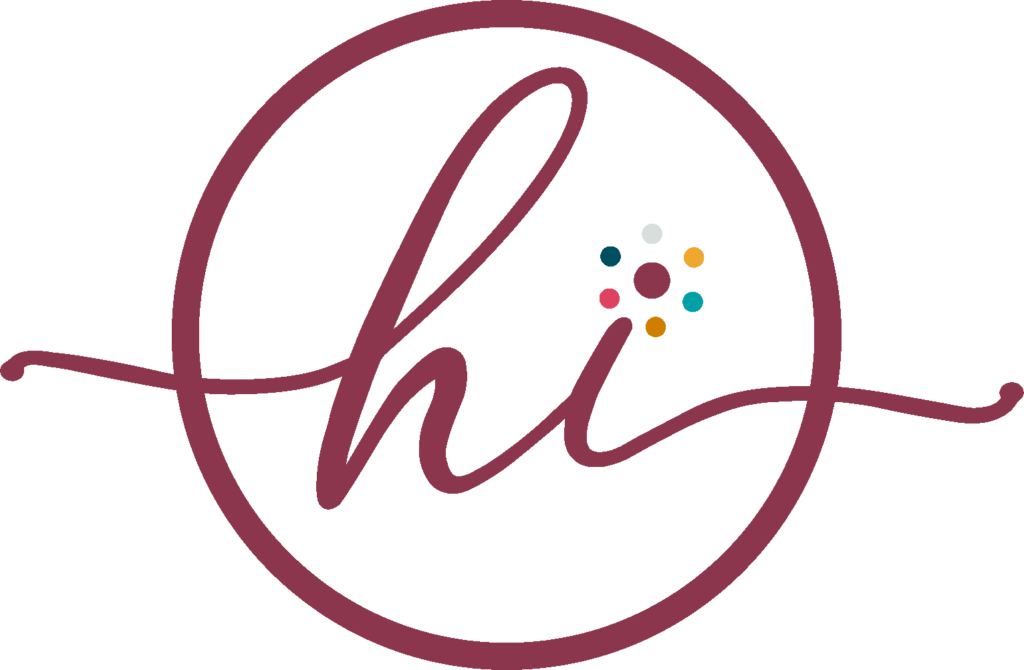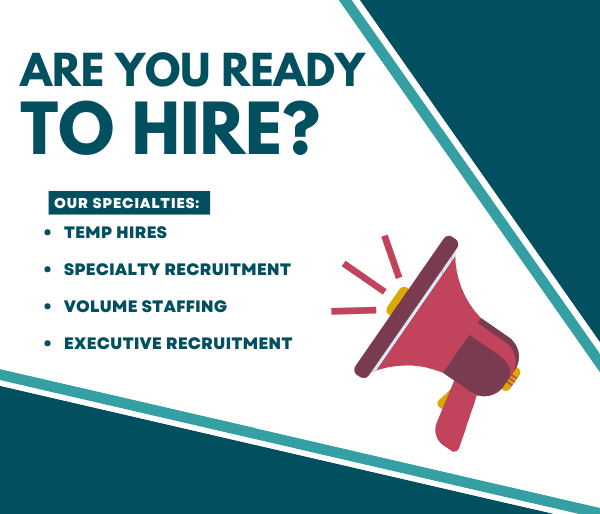The insurance industry plays a critical role in the global economy, offering individuals and businesses financial protection and stability. Despite its importance, the education system in the United States has largely overlooked the need to adequately prepare students for careers in insurance. With only 46 universities offering insurance or risk management programs—just 1.15% of the approximately 4,000 universities in the U.S.—the industry faces significant challenges in attracting and developing new talent. This glaring gap between education and industry needs is a disservice to one of the most essential sectors in our economy.
The Talent Shortage in Insurance
The lack of educational programs focused on insurance has contributed to a growing talent gap in the industry. According to the U.S. Bureau of Labor Statistics, approximately 50% of the current insurance workforce will retire by 2030. However, the number of students entering the field is not keeping pace with the demand:
- Only a handful of universities provide specialized training, leaving the majority of graduates unprepared for roles in insurance.
- A study by the Jacobson Group found that only 4% of millennials express interest in pursuing a career in insurance.
These statistics underscore the urgency for universities to reevaluate their priorities and align their curricula with industry needs.
Why Universities Are Falling Short
1. Limited Awareness of Insurance Careers
Most universities fail to promote insurance as a viable and lucrative career path. The industry is often overshadowed by more high-profile fields like technology, medicine, and finance.
2. Misconceptions About the Industry
Insurance is frequently perceived as dull or bureaucratic, discouraging students from exploring its diverse opportunities. In reality, the field offers dynamic roles in areas like data analytics, risk management, and cybersecurity.
3. Insufficient Collaboration with the Industry
Few universities partner with insurance companies to provide internships, guest lectures, or case studies. This lack of engagement limits students’ exposure to the real-world applications of insurance principles.
How Universities Can Support the Insurance Industry
1. Expand Insurance-Focused Programs
Universities should introduce more undergraduate and graduate programs in insurance and risk management. These courses can include:
- Core topics like underwriting, claims management, and risk assessment.
- Emerging fields such as insurtech and climate risk modeling.
2. Collaborate with Industry Leaders
Creating partnerships with insurance companies can provide students with:
- Internship opportunities.
- Networking events.
- Hands-on projects to bridge the gap between theory and practice.
3. Market the Industry’s Potential
Universities should work to change the narrative around insurance by:
- Highlighting its impact on global stability and economic growth.
- Showcasing success stories of professionals in the field.
- Emphasizing competitive salaries and career growth opportunities.
The Role of Hire Integrated in Bridging the Gap
At Hire Integrated, we understand the critical need to attract fresh talent to the insurance industry. Our innovative recruiting strategies focus on:
- Identifying Transferable Skills: We help transitioning professionals—such as retiring athletes, news anchors, and government officials—find meaningful careers in insurance.
- Promoting Diversity: By recruiting from non-traditional talent pools, we bring fresh perspectives and ideas to the industry.
- Providing Resources: Our partnerships with universities and training programs ensure candidates are well-prepared for their roles.
Conclusion
The insurance industry cannot afford to remain overlooked by the education system. With only 1.15% of universities offering insurance-related programs, the sector’s ability to attract and retain talent is at risk. By expanding their offerings and collaborating with industry leaders, universities can play a vital role in shaping the future of insurance. Meanwhile, organizations like Hire Integrated are stepping in to fill the gaps, ensuring the industry continues to thrive despite these educational shortcomings.
About Hire Integrated: In 2021, Hire Integrated began its journey into the insurance industry by partnering with Trucordia, which soon became one of the firm’s largest accounts. Trucordia’s decision to expand its headquarters to Utah provided Hire Integrated with an exceptional opportunity to develop a deep understanding of insurance recruiting. Over three years, the Hire Integrated team successfully placed more than 100 professionals into key roles spanning accounting, finance, tax, technology, marketing, HR, and administration. Beyond these placements, the team found its greatest success in supporting critical recruitment for revenue-generating field roles, demonstrating its ability to tackle complex hiring challenges. Since then, Hire Integrated has expanded its services to support numerous insurance brokerage agencies across the United States, helping them connect with exceptional talent ready to thrive in this evolving industry.








